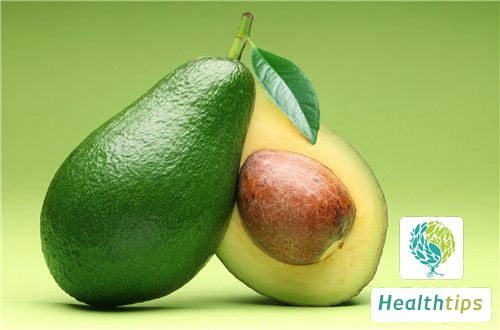"Is It Safe to Eat Watermelon When I Have a Cough?"
Causes and Treatments of Cough
Coughing arises from numerous factors, predominantly colds, bronchitis, and pneumonia. Short-lived coughs are typically attributed to the common cold, whereas persistent coughing may signify an infection. Coughs exceeding 8 weeks are deemed chronic. During coughing episodes, dietary adjustments are crucial, and certain foods should be avoided. The question arises: Can watermelon be consumed during a cough? Let's delve deeper.

1. Can Watermelon be eaten during a cough?
The suitability of watermelon during a cough hinges on the cough's nature. In traditional Chinese medicine, watermelon is considered a fruit with cooling properties. For wind-heat colds, treatments emphasize alleviating exterior symptoms with pungent-cool herbs and clearing heat and toxins. Watermelon aids in this process, dispelling heat and toxins from the body. Conversely, for wind-cold colds, watermelon should be avoided as it may aggravate symptoms. Here, treatments focus on pungent-warm herbs to relieve exterior symptoms and dispel cold, promoting lung function. Warm fruits like durian, longan, and lychee may be preferable.
2. Which fruits can help treat cough?
Certain fruits offer therapeutic benefits for coughs. For instance:
- Pears: With their cooling effect, pears soothe dryness. To swiftly quell a cough, boil water, peel and slice pears, add them to the boiling water along with rock sugar for flavor, and simmer for about 15 minutes. The resulting pear syrup is comforting and tasty.
- Oranges: Rich in vitamin C, oranges bolster immunity. Orange juice may benefit those prone to colds and coughs. However, opt for ripe oranges with red peels for a sweeter, less acidic juice.
3. What are the causes of cough?
Coughs are categorized based on chest imaging abnormalities, encompassing normal and abnormal chest imaging. Abnormal chest imaging may indicate conditions like bronchial tuberculosis, pneumonia, and bronchogenic carcinoma. Normal chest imaging, meanwhile, may signify acute, subacute, or chronic coughs. Acute coughs, lasting less than 3 weeks, are primarily associated with the common cold and bronchitis. Subacute coughs, spanning 3 to 8 weeks, are most commonly caused by post-infectious cough.



















